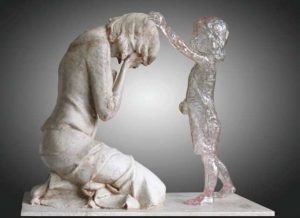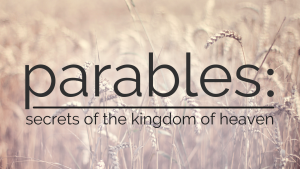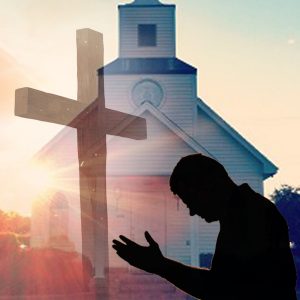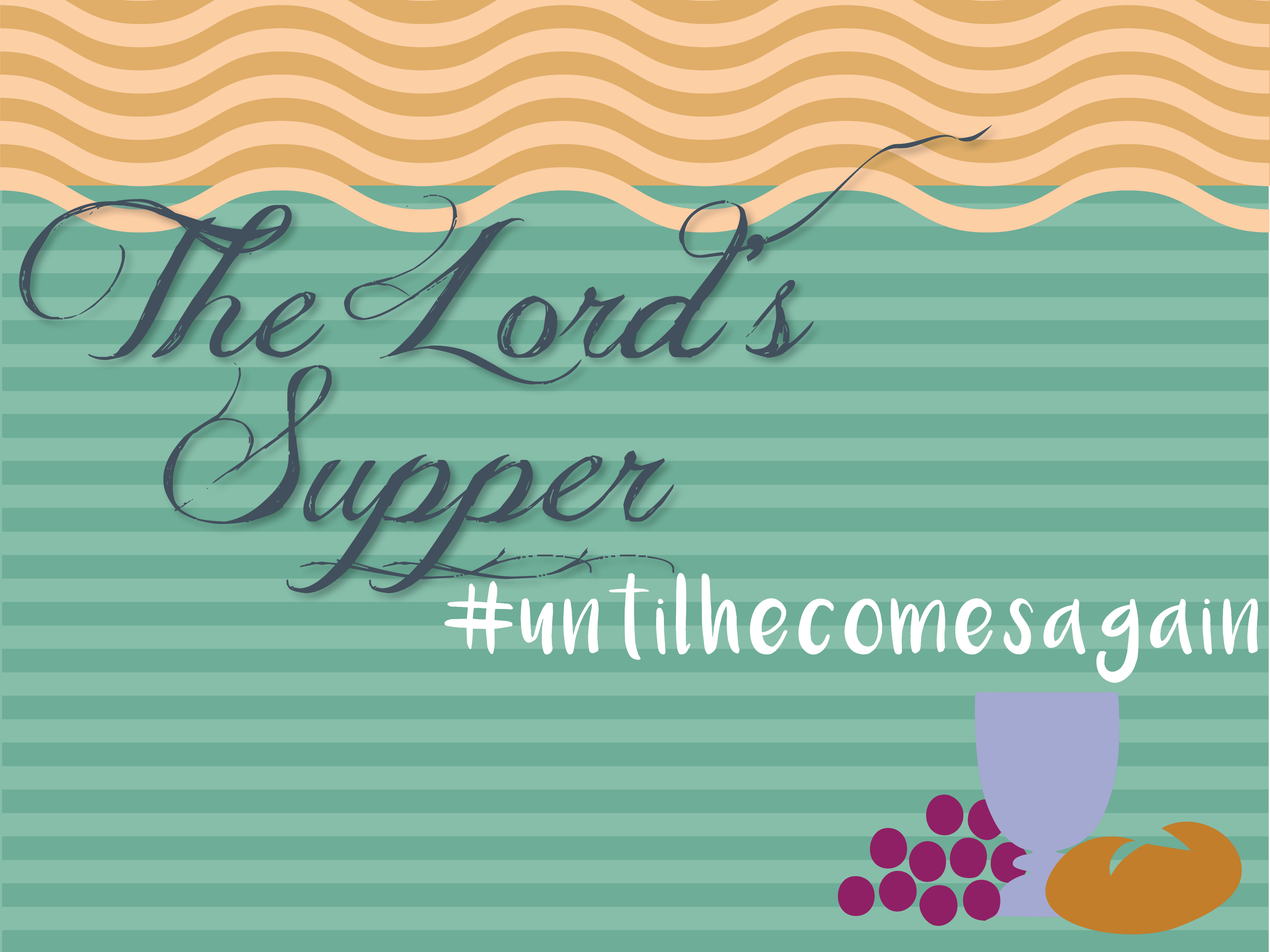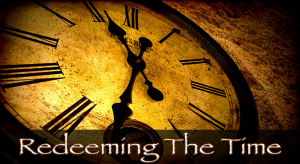
Ephesians 5:11-21
The end of a year is a time of reflection and looking back, reminding ourselves of the good and bad times of the past year. But also, it is a time of looking forward and making resolutions. Sadly, the truth is, if you are waiting till the first of the year to start something new or to quit a bad habit, you probably won’t stick with your resolution. If something was important to you, you would not wait until the first of the year to do it.
Life is short, and life consists of millions of decisions as to how we spend our time. When faced with the end of our lives here on the earth, many people will regret the time wasted watching T.V. or the time spent on social media or being entertained. The vast majority of people will regret not spending time with loved ones or not taking a step of faith when God called you to serve Him. Many people will regret not taking the time to share the Gospel with a loved one or a neighbor. When we are faced with the reality of the brevity of life, what is really important stands out.
In Ephesians 5:11-21, Paul is pleading with the church to leave behind their lifestyle of sin, to let the light of God shine on their lives so that their sin is exposed, and they can begin walking in freedom. In verse 14 Paul paraphrases what could be a portion from Isaiah 60, “Awake, O sleeper, and arise from the dead, and Christ will shine on you.” I believe this is a call to the 21st century church. Wake up, because as the days are rushing by, it appears that the world is spinning out of control and it is likely that Jesus is coming soon. We as Christians need to wake up and begin to live out our God given calling, to take the Gospel message to a lost and dying world.
In verse 16, Paul writes, “making the best use of the time, because the days are evil”
Some translations say, “redeeming the time”. Redeeming, means to rescue something from loss or to pay a price to recover (reclaim) something from bondage. This is like having a lien on a property which will only be released when the loan is repaid. Slaves were redeemed by being set free because the purchase price for their freedom was paid, they were redeemed.
When it comes to time, so many of us are slaves to time, we are controlled and are in bondage by our wasteful use of time. Charles Hummel called this the “tyranny of the urgent”. We are under the tyrannical control of the urgent things in our life, when the truly important things get pushed to the side. Every-day is a treasure chest of opportunities, we get 24 hours to either redeem the true value or waste and squander the opportunities presented to us.
How do you value the time God has given you today?
The Bible calls Jesus our redeemer. Salvation is not only a certainty of eternal life in the presence of God. Jesus is the savior of our today and our tomorrow while here on the earth.
Jesus is called the redeemer because his perfect sacrifice pays the debt we humans owe because of our sin nature. The Bible says in 1 Corinthians 6:20, that those who have repented and have made Jesus Lord over their lives are “bought with a price”.
Paul continues in verse 16, “redeem the time because the days are evil”, We don’t need a reminder to know that the days we are living in are evil, we simply turn on the evening news.
Paul encourages us to not sit idly by and let the darkness of this world dictate events, but rather we are to make a conscious choice to do good works and let the light of God shine through them. Jesus himself said in Matthew 5 that we are the salt of the earth and the light of the world. Even if we are personally affected by the evil in this world, we are commanded to not respond in kind but instead overcome it by doing what is right and good.
How do we redeem the time? Paul lists a few practical examples in verses 17 to 21:
- Verse 17: We must do the will of the Father as we hear from God and know what He wants us to do.
- Verse 18: The Bible says, “do not get drunk with wine…”. Getting drunk is an escape from reality, and I suggest that anything we do to escape reality, whether it is playing video games, watching too many movies, abusing drugs – anything that removes us from the reality of life, is a problem. Rather we are to be filled with the Spirit of God so that we can see clearly the way things really are so that God can work in us and through us.
- Verse 19: By addressing on another in Psalms, hymns and spiritual songs, doesn’t mean that we walk around singing all the time, but rather, we meet together as believers, sharing what God is doing, praising God by sharing testimonies. We redeem the time by spending time in God’s word and in fellowship with other believers.
- Verse 20: We redeem the time by being thankful for what God has done for us.
- Verse 21: We redeem the time by serving one another. This doesn’t mean we become doormats, rather, we submit to one another by preferring one another, seeking the good of each other.
There are many ways we can redeem the time in our lives, but the bottom line is that we were bought with a price, we were redeemed by Jesus to live our lives for Him. If you are a Christian, a follower of Jesus, and you have breath in your lungs, God has a purpose for you in 2019. It will take some sacrifice, it will take some rearranging of priorities, but you will not regret a single moment that is redeemed for the Lord.
By putting God first, 2019 be a year of significance. Psalm 1:1-2



